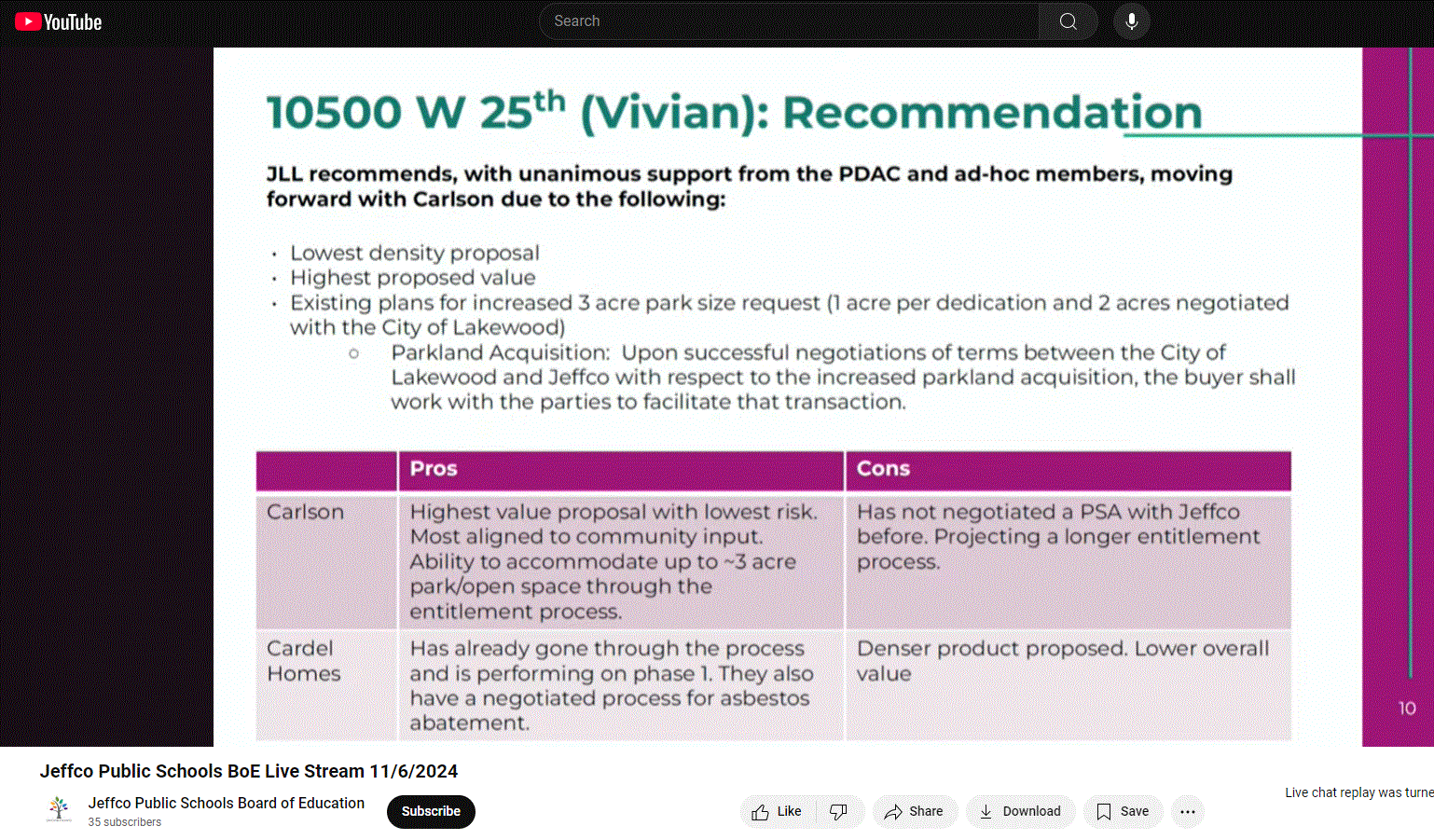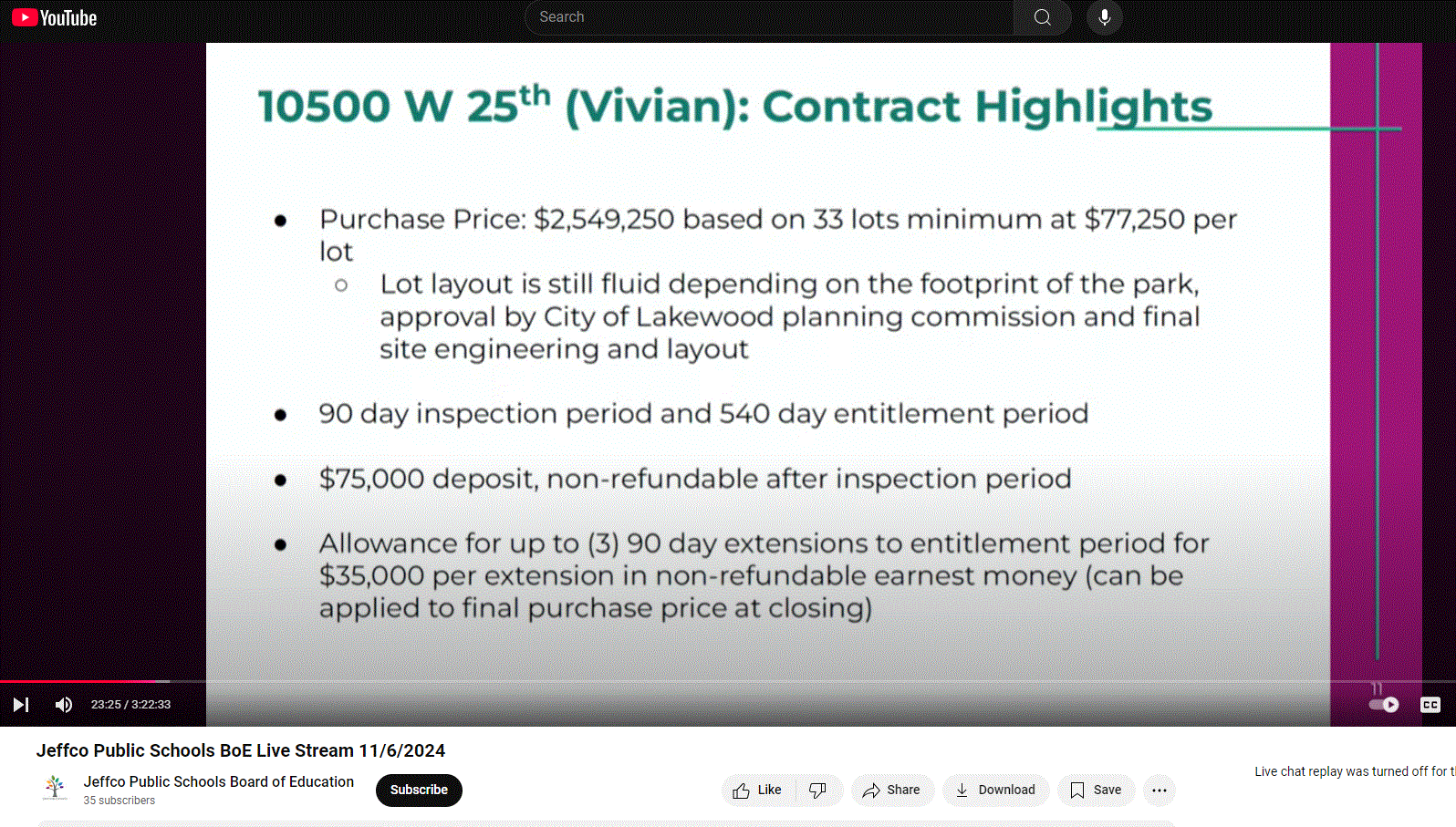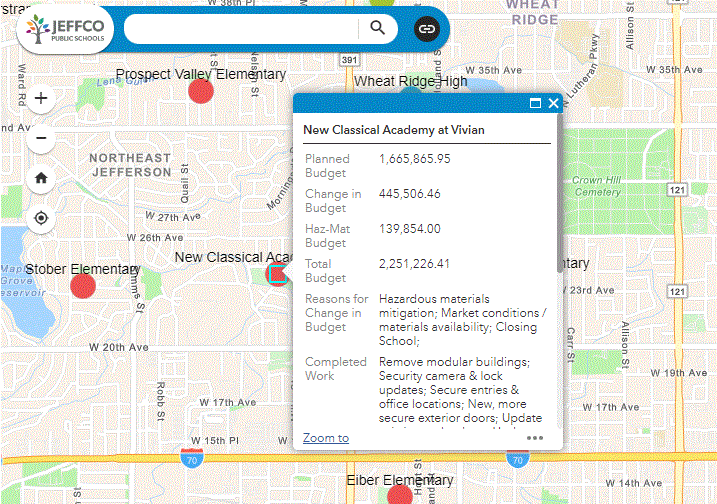From Save Open Space – Lakewood
At a 9/4 meeting, Lakewood City Council spoke with its usual forked tongue, voting for a citizen led green initiative to expedite delegitimizing it
Monday, November 11, 2024—-At the November 4 Lakewood City Council meeting, residents witnessed the culmination of more than a year’s intensive effort by hundreds of volunteers to hold their city accountable to its progressive environmental ordinances.
The only item in the hearing was a petition, created by Save Open Space – Lakewood (SOS – L) and signed by more than 6000 voters, which, if approved, would eliminate the option given developers to pay a fee to the city and instead require them to provide the full, current standard of 10.5 acres of parkland for every 1,000 occupants.
For over ten years, the predominantly pro-development Lakewood City Council has allowed all developers to pay the city a fee in lieu of donating land for parks and open spaces. This has led to monstrous, soul-less apartment buildings with no green space that remind observers of Russia, not Lakewood.
More than half of those who spoke extolled the benefits of open space and their concerns about the impending mammoth luxury apartment building adjacent to Belmar Park.
By law, the council either had to vote for the petition at the meeting, or send it to a special election.
Following three hours of resident testimony and council deliberation, eight out of 11 councilors declared the initiative to be in conflict with state statutes. By voting to approve it, they said they could expedite a legal challenge. They added that if they were to defer to a special election, it would be expensive and voters would become distrustful of them if litigation would eliminate their vote following the election.
Jim Kinney, a Lakewood native, former policy analyst at the Bureau of Reclamation, and former member of the Lakewood Commission for an inclusive Community, believes that “It may not be true that the initiative is illegal due to wording. The issue of whether the state can tell a home rule municipality what to do in the area of land use remains untested in court. It may be that it isn’t the initiative the council just passed that is illegal, but the requirements in state law that are illegal!”
Councilor Paula Nystrom noted at the meeting, “We’re in an untenable situation, but there’s a reason we got here. Citizens shouldn’t have to protest, gather signatures, hire lawyers, or jump through hoops just to have their voices heard. This should be a situation where citizens are notified when something is being planned, and then they have an opportunity to speak out and make suggestions.”
Nystrom added that “we need to be consulting with environmental planners and environmental engineers…we cannot keep cutting down mature trees and expect our air quality to get better and expect citizens to be mentally healthy.”
During the hearing it came to light that, behind its frequently closed doors, the city plans to allow Kairoi Residential, the developer of the huge building at Belmar Park, to also build 850 high density, luxury apartment units at Quail and Colfax while tearing down a grocery store and creating a food desert.
Last year, Cathy Kentner, a Lakewood music teacher, former city planning commissioner and longtime community activist, founded SOS – L which created the petition. According to their web site, “Save Open Space – Lakewood is a grass-roots initiative created and promoted by Lakewood residents who seek change in the status quo of rubber stamping development projects without consideration of the future impacts to residents and our natural environment.”
Kentner says, “The reason grass-roots initiatives exist is because elected officials have been unresponsive to the reasonable requests of their constituency. It is a last resort that involves countless hours just to have a small chance of being heard. The fact that this council continues to be unresponsive is, therefore, not surprising.
“What is surprising is that their ignorance has led them to the assumption that they can act as judge, jury and executioner by claiming that a citizen initiative is ‘illegal’ before ever going through due process. I am confident that, should this ordinance be challenged in court, it will hold up given a proper defense. But the question remains: Will there be a proper defense when the fox is guarding the henhouse?
“Opposition to this initiative has come mainly from out-of-state, big money developers who don’t care about the quality of life in Lakewood.”
Save Belmar Park, formed in September 2023, is one of many neighborhood groups that have had similar experiences with Lakewood and developers. The objective of the SOS – L initiative is to bring all of these groups together to work toward their common goal of protecting Lakewood’s natural environment.
Kentner’s presentation to city council was based on debunking the illegality claim and other F.E.A.R. (False Evidence Appearing Real) -based statements that were presented as facts during the meeting.











